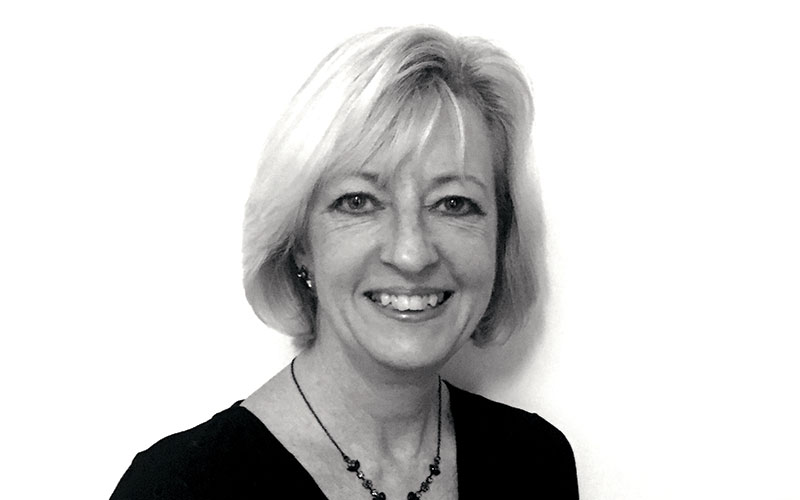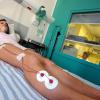After years of frustration, people are finally starting to understand the value of biomedical scientists.

We all know the saying “success breeds success”, but I think I’m discovering that confidence also breeds confidence. I’m referring to both our profession and our professional body. Our history is peppered with examples of the frustration of anonymity and, dare I say it, exclusion, but I am detecting a very definite change in the air. The Institute is at last being recognised as a very significant player in the provision of training programmes and qualifications and our profession is seen as a very real part of the solution to the workforce:workload pressures in pathology.
This change has been accelerating over the past couple of years and it is so refreshing after the years of frustrated fighting and fruitless opposition. It feels as though we have been like a complex combination lock where at last all of the tumblers have aligned in the right order and the door opens, but in place of tumblers we have people. Right now, there is the right combination of people with shared goals and the confidence to push through an ambitious agenda that would have been considered a fantasy two years ago.
We are working with Health Education England, The Northern Ireland Pathology Network, the Scottish Government, the National School of Healthcare Science and the Royal College of Pathologists. I don’t think we’ve ever been in a position to report such dialogues; the Institute is at last seen as the organisation that delivers. But this success isn’t down to institutions, it is down to individuals who recognise the need to work together and who have the confidence to challenge and bring about change.
While the coronavirus pandemic has been devastating, it has also brought with it an unexpected benefit for our profession. It has presented the opportunity to inform, clarify and explain about the roles of pathology, scientists and the laboratory services that are key to diagnosis and tracking. We are fortunate that we have strong, articulate people, not least of whom is our President, who have been willing to be interviewed and who have informed journalists, politicians and public alike. To borrow an NHS phrase: we have had the right people,in the right place, at the right time.
Do I think that things will revert back once the COVID-19 crisis is over? No, I don’t and I genuinely see new opportunities opening up for us. I am currently in the midst of Congress programme planning and we have decided not to run a molecular pathology lecture stream; not because it is not relevant to our profession, but because it has now become fully integrated across all pathology disciplines – aided not least by COVID testing. Far from our profession being left with the remains of “old school” routine pathology, we are at the heart of new techniques and new services. I promised myself good news, not COVID news, this month. I think I can say “job done”.
Sarah May
Deputy Chief Executive



